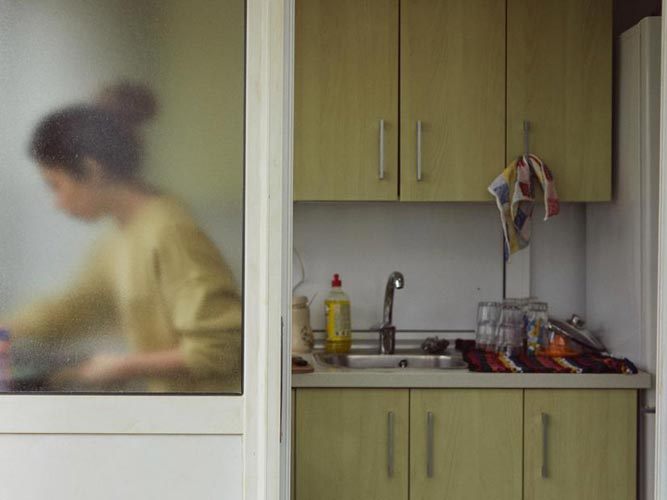

Wild Flowers
Jaime Rosales
2022
Synopsis
Julia, a 22-year-old girl and mother of two children, falls in love with Óscar, a troubled boy with whom she begins a relationship. As they spend time together, Julia will begin to wonder if Oscar is the person she really needs by her side, which will lead her to start a personal journey in search of her happiness and that of her family.
TECHNICAL DATA
Original title: GIRASOLES SILVESTRES
Year: 2022
Director: Jaime Rosales
Production countries: Spain and France
Shooting Format: 35mm color
Projection Format: DCP Scope (1:2’35)
Length: 106 min
Language: Spanish and catalan
Shooting Locations: Barcelona and Melilla (Spain)
Production Companies:
Fresdeval Film)s (Spain)
A Contracorriente Films (Spain)
Oberon Media (Spain)
Luxbox (France)
With the participation of:
RTVE (Televisión Española)
TVC (Televisió de Catalunya)
Movistar +
EDICA 8TV
ICAA (Ministerio de Cultura)
ICEC (Generalitat de Catalunya)
CNC (Cinema de Monde)
French Institute
MEDIA
ICO (Instituto de Crédito Oficial)
SGR
International Sales:
Film Factory
Spanish distributor: A Contracorriente Films
WORLD PREMIERE
Oficial Selection San Sebastian International Film Festival 2022
SPANISH PREMIERE
14th October 2022
2022
San Sebastian International Film Festival
Amsterdam Spanish Film Festival
Thessaloniki International Film Festival
La Habana International Film Festival,
República Dominicana
2023
Cine Global Film Festival
Punta del Este Film Festival
Santa Barbara International Film Festival
Glasgow Film Festival
Spanish Film Week Poland
Istanbul Film Festival
Moscow International Film Festival
Moro Spanish Film Festival by Palace Films
Cine Las Americas Film Festival
Shanghai International Film Festival
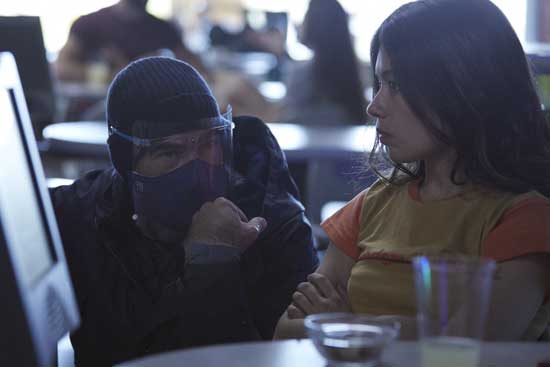

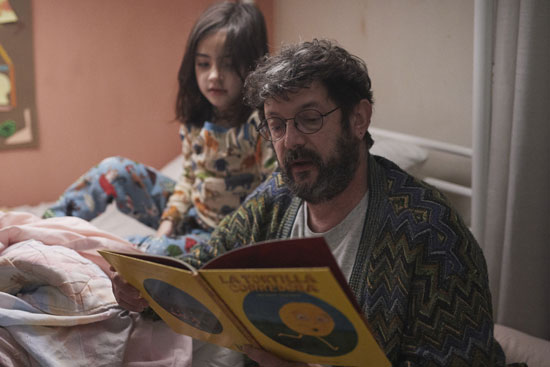

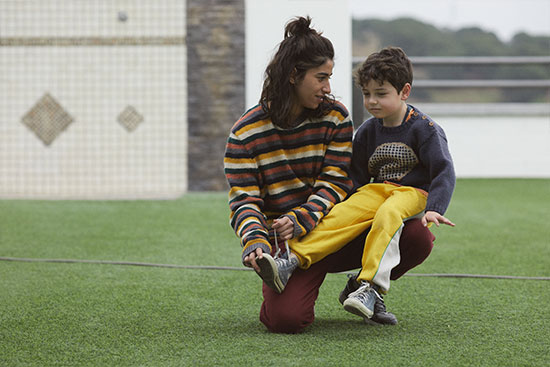

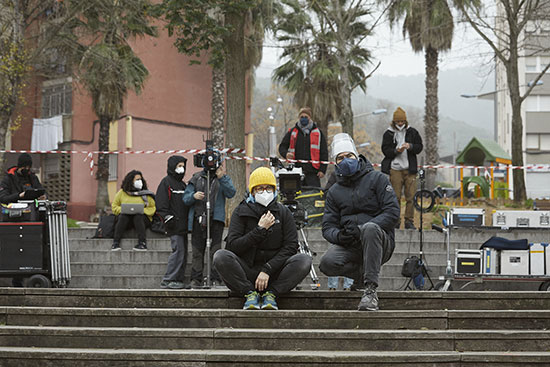

JULIA: Anna Castillo
ÓSCAR: Oriol Pla
ALEX: Lluis Marquès
MARCOS: Quim Àvila
ROBERTO: Manolo Solo
MAITE: Carolina Yuste
MAGALÍ: Diana Gómez
Director: Jaime Rosales
Screenplay: Jaime Rosales, Bárbara Díez
Producers: Bárbara Díez, Adolfo Blanco, Antonio Chavarrías, Hédi Zardi, Fiorella Moretti
Director of Photography: Hélène Louvart
Line Producer: Bárbara Díez
Editor: Lucía Casal
Art Director: Victoria Paz Álvarez
Make up: Patricia Reyes
Costumes: Carolina Galiana
Sound recordist: Eva Valiño
Sound editing: Nicolás Tsabertidis
Sound Mix: José Luis Crespo
Casting: Irene Roque
1st Assistant Director: Vicky Mullor-Caballé
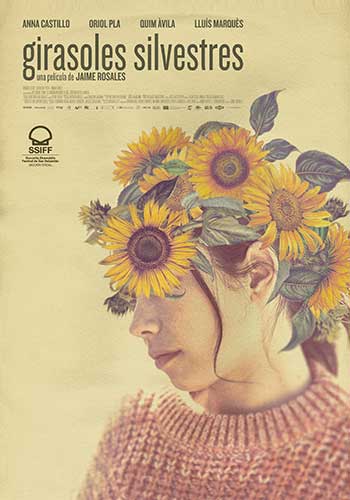

OFICIAL TRAILER
"At a time of profound social transformation (...) Julia's story offered me the possibility of addressing the problem of emotional relationships. in a frank and direct manner."
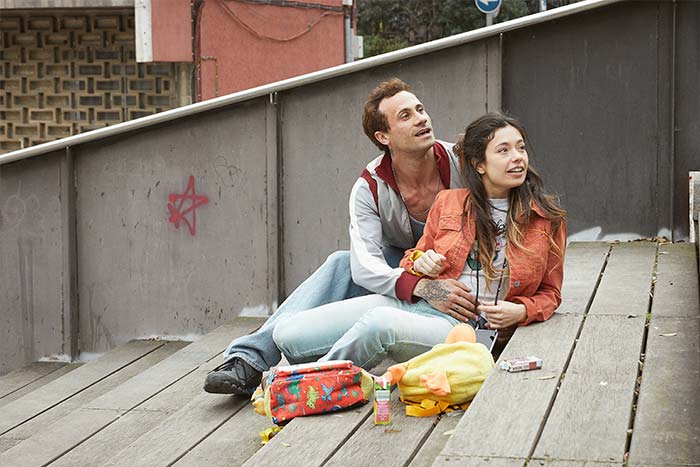

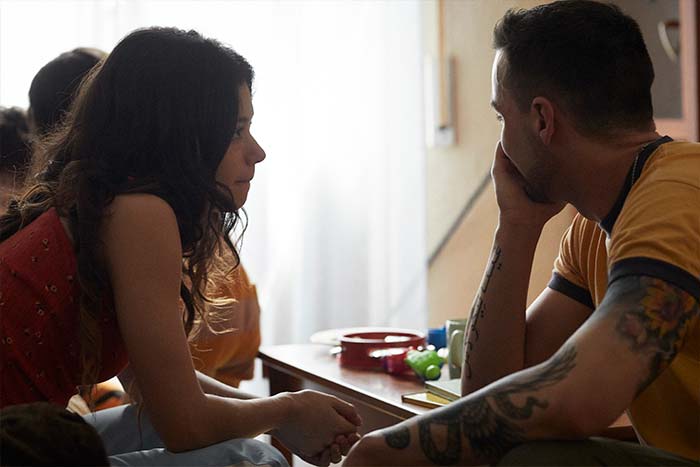

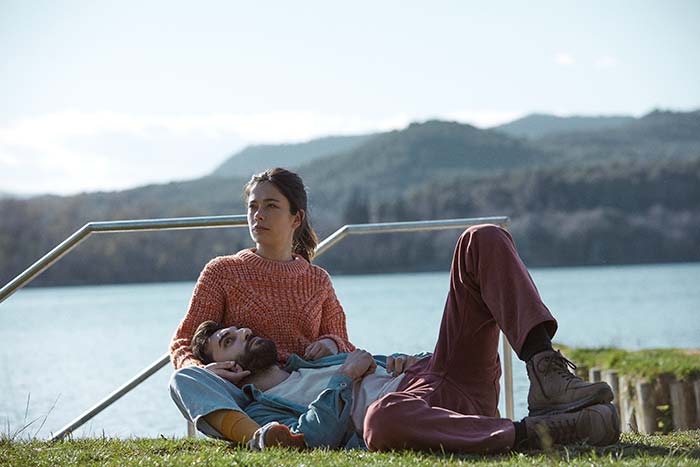

Director's Note
Jaime Rosales
“Imitating others is inevitable, imitating oneself is unacceptable.” Orson Welles
A photographic report of a young American mother going through three relationships is at the origin of this film. That young woman showed, despite her young age, a remarkable maturity regarding her commitment to caring for her children. The economic and social difficulties that she had to face did not discourage her in the search for love. She was a woman who had been mistreated and vilified by life without, therefore, having lost an iota of hope and joy. That woman’s story became the inspiration for the creation of the character of Julia —a woman who lives on the outskirts of Barcelona— and the script for Wild Flowers.
At a time of profound social transformation, in which the roles of men and women are being redefined and in which sexuality in all its forms is exploding, Julia’s story offered me the possibility of addressing the problem of emotional relationships. in a frank and direct manner.
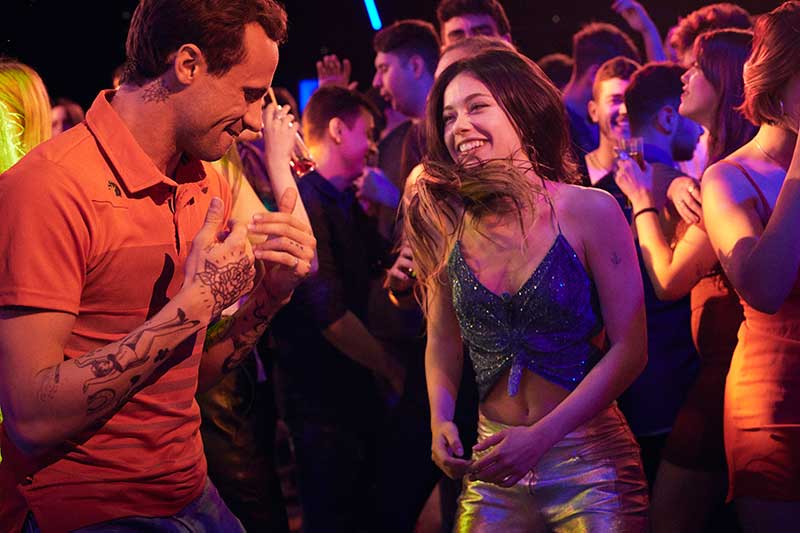

Julia seeks to live in harmony with a man. She seeks a relationship based on the desire for donation, commitment and reciprocal fidelity. A desire that must be kept alive, day by day, going through numerous tribulations. A desire that is achieved through the conquest of her own will in harmony and confrontation with the will of the other, from intelligence and perseverance. A very problematic and difficult love, as satisfying and essential as frustrating and painful.
That remote true story is now a fiction film. The language of the film has been directed towards finding a strong connection with the character of Julia. The staging has been designed so that the viewer feels, moment by moment, what Julia feels. The camera has been located throughout almost the entire film within Julia’s circle of action and the narrator’s point of view has frequently been replaced by Julia’s subjective point of view.
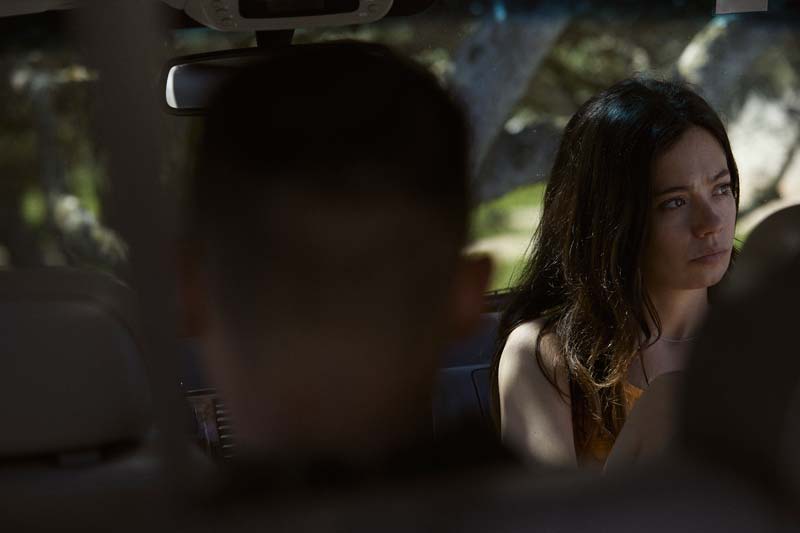

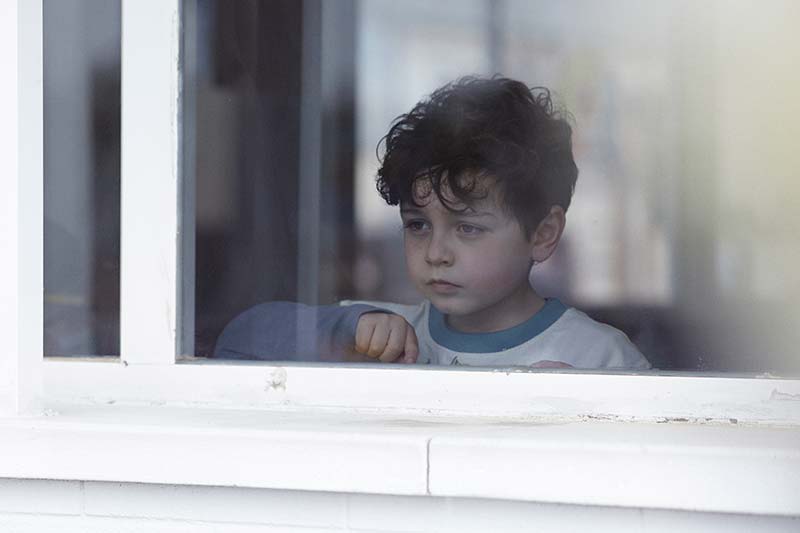

In this way, the viewer experiences a strong emotional involvement with her character: an inexperienced mother forced to face emotional problems with her partners, with her children, and between her children and her partners.
The camera, attentive and involved, follows in continuous panning or tracking shots what happens to the characters. A close, omniscient and transparent camera at the service of emotions.
Music has played a very important role. The initial sequence opens with “Abre la puerta, niña” (“Open the door, baby”) by Triana and the final sequence closes with “Sé de un lugar” (I know of a place), also by Triana.
It is music that connects us with the most raw and emotional things in life. That rawness, that essentiality, is something very much ours. An aesthetic has been pursued that went directly to emotion and truth, renouncing to all superfluous ornamentation. A film that appeals to the purest part of our character and our culture.
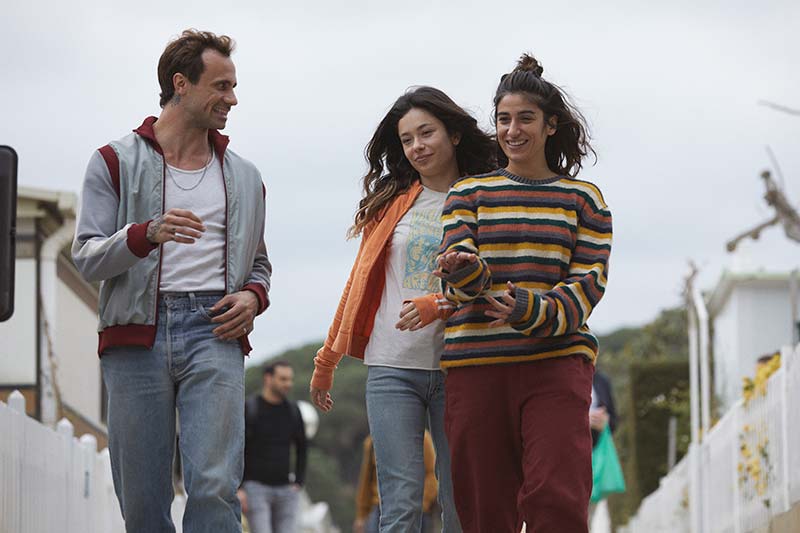

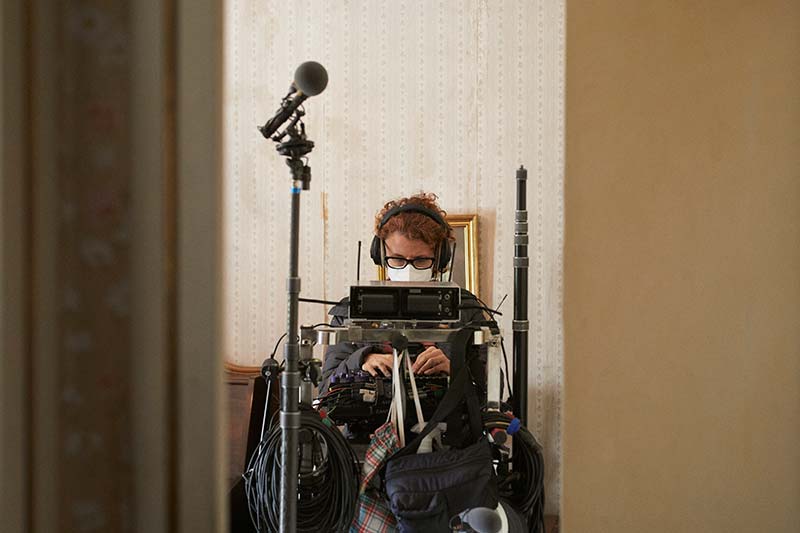

I have been lucky to have had an extraordinary cast, with Anna Castillo in the lead, and an equally extraordinary crew, with Hélène Louvart as cinematographer and Eva Valiño in sound.
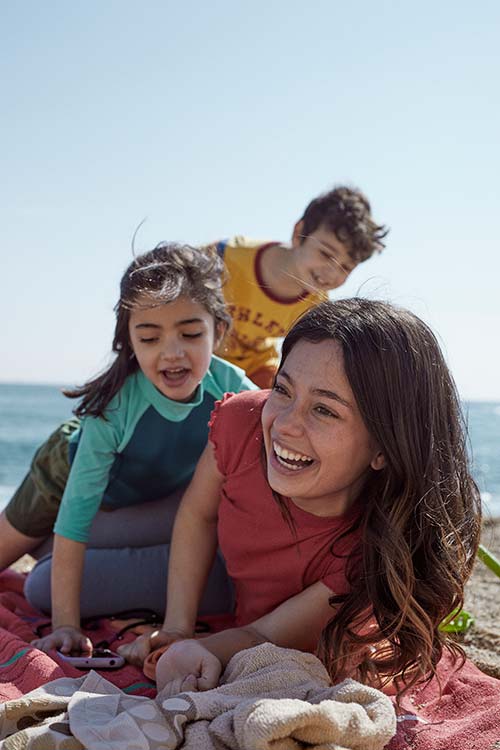

Anna has produced a Julia with a very wide emotional spectrum. Her interpretation has left us a memorable character that ranges from the most genuine and contagious joy to the most unredeemed despair. His invisible technique allows her to dominate scenes with strong emotional content, such as the desperation after the beating that Oscar causes her —her first relationship in the film— or the anxiety crisis after the birth of her baby and her estrangement with Alex —the father of her third son; but also in happy and carefree scenes with the children.
The three actors who play the male characters have given their best. Oriol Pla deserves special mention, with whom I have collaborated again after Petra and who has gone out of his way to compose a character very far from his usual register. His terrifying and, at times, tender Oscar makes us wonder why we often choose the people who are least suitable for us and why love plays such tricks on us.
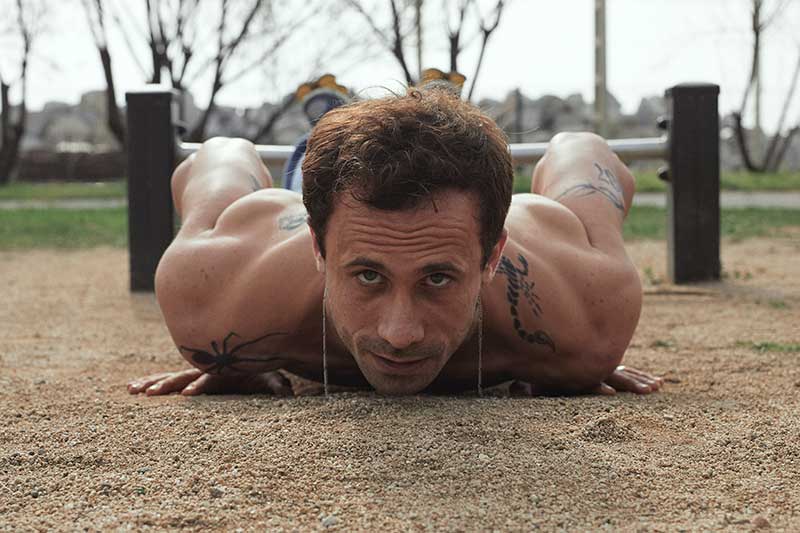

Quim Ávila has imbued with dignity the fragility of his Marcos, a supposedly tough man —a soldier— who emotionally collapses due to the impossibility of taking care of his children.
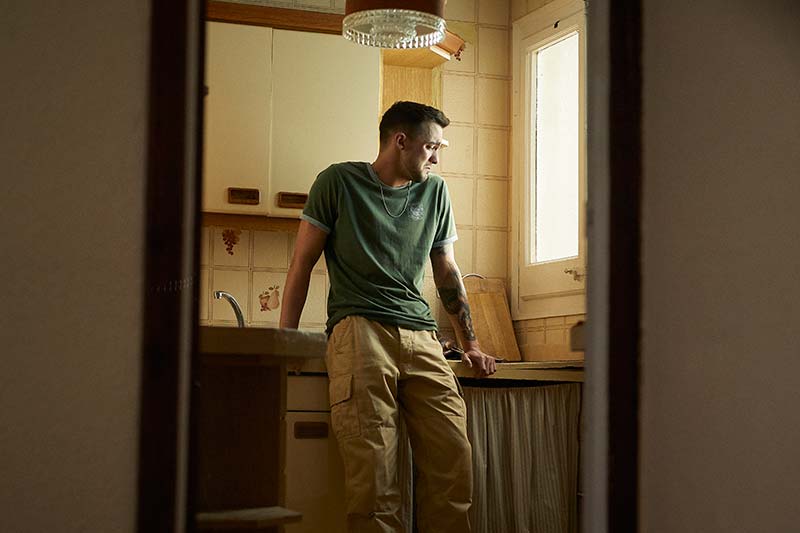

I have really enjoyed seeing how the talent of an actor like Lluís Marqués was displayed, giving life to the character of a thorough, firm and affectionate man, played with great restraint and closeness.
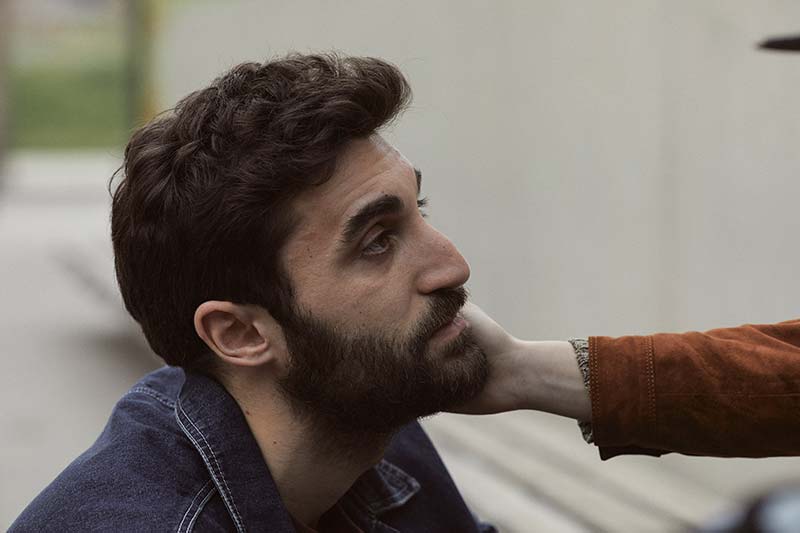

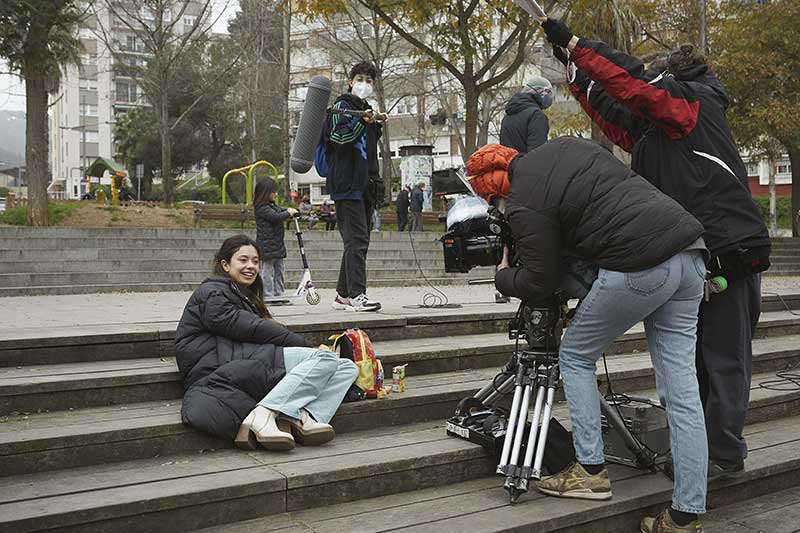

I cannot conclude this note without mentioning the support, involvement and participation in the creative process of the producers. Starting with Bárbara Díez with whom I co-wrote the script, passing through Àngels Masclans and Antonio Chavarrías from Oberon Media, Fiorella Moretti from Luxbox and ending with Adolfo Blanco and his entire fantastic team of A Contracorriente Films who have dedicated themselves to the film making it so their as mine.
I think that of all my films, Wild Flowers is perhaps the one that has managed to achieve the greatest creative tension between a personal work and a collective work; between being a work of art and an industrial product.
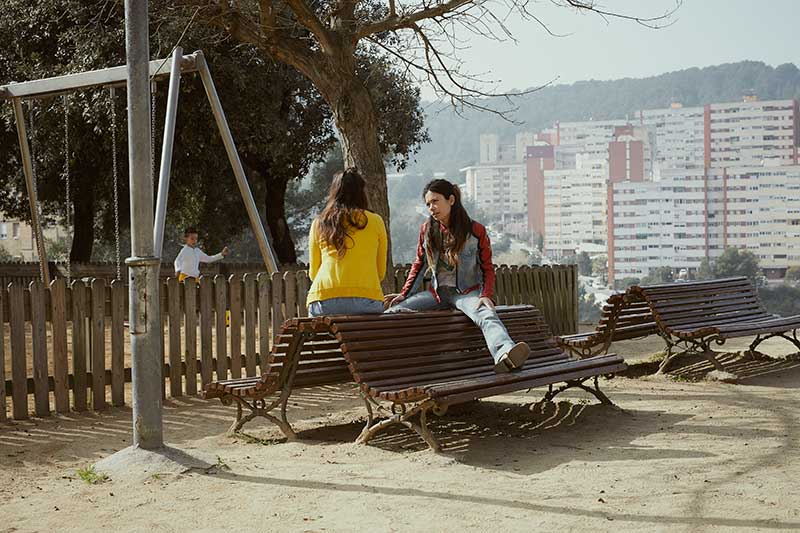

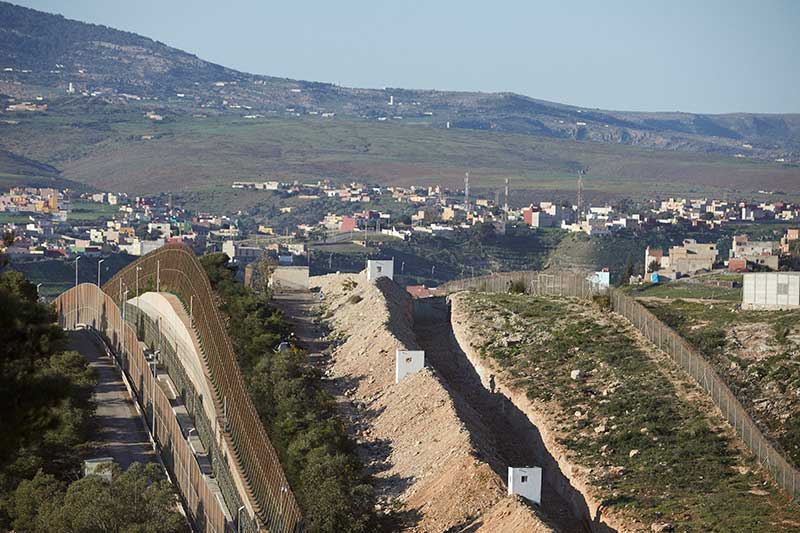

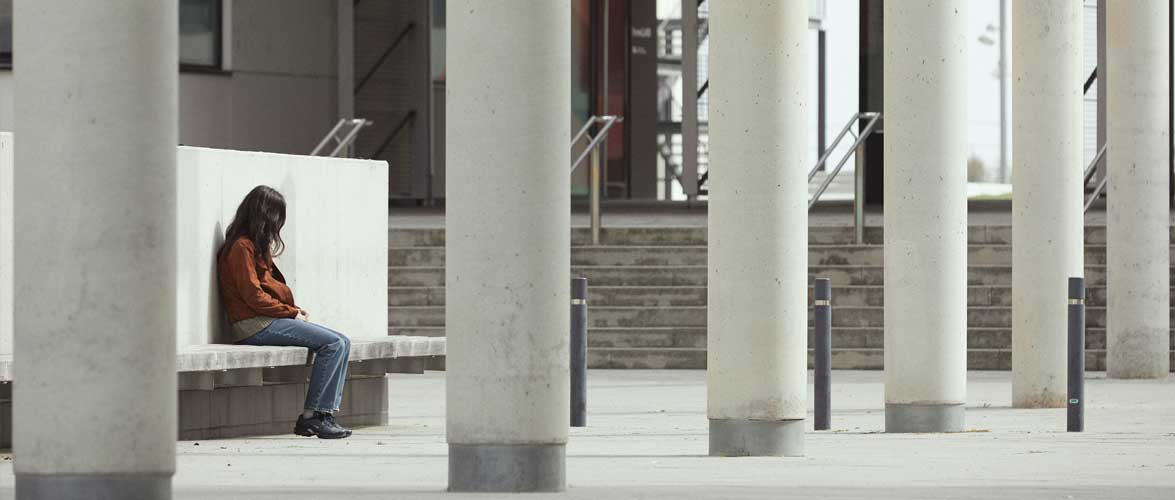

FOTOS: Quim Vives